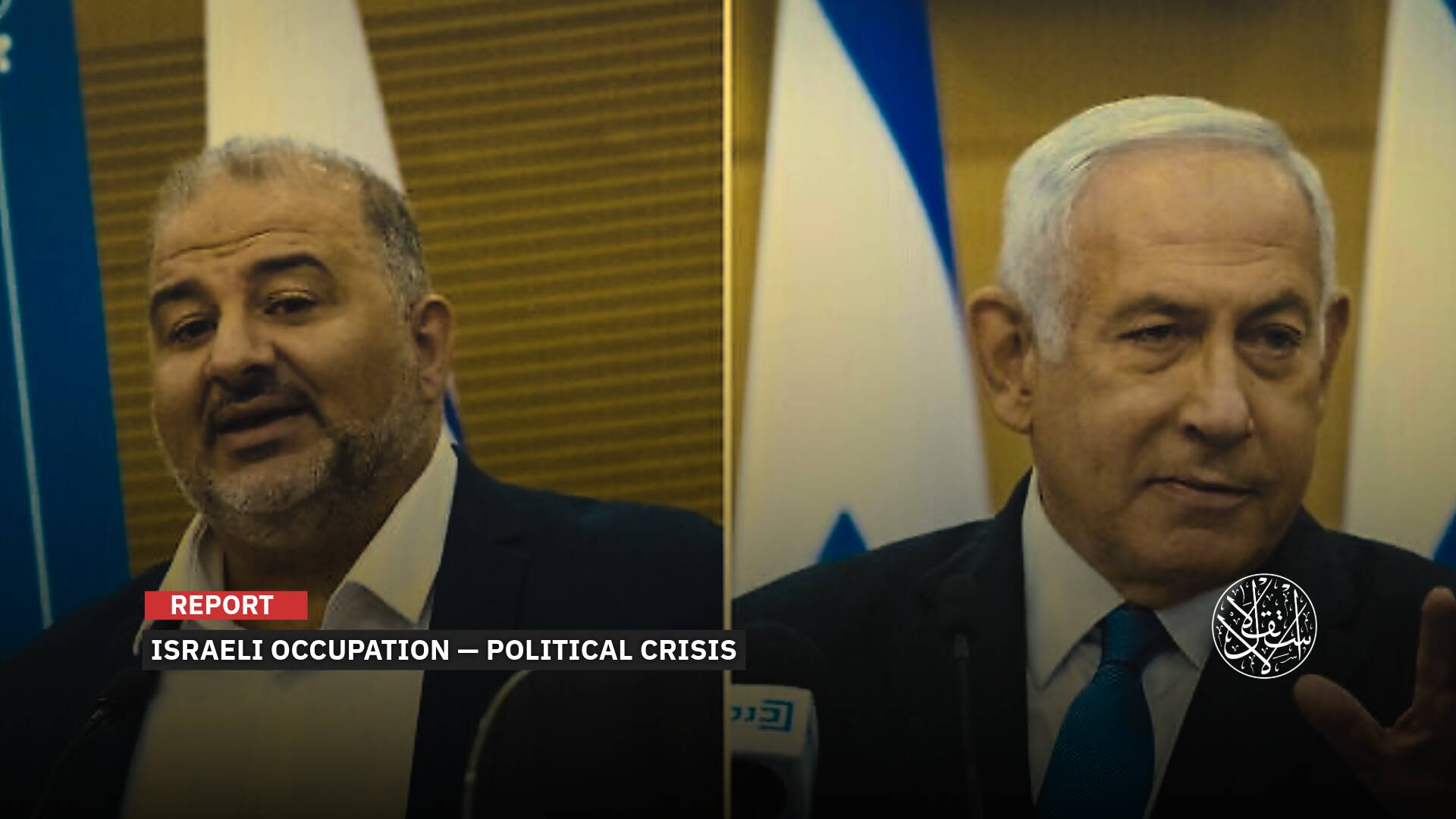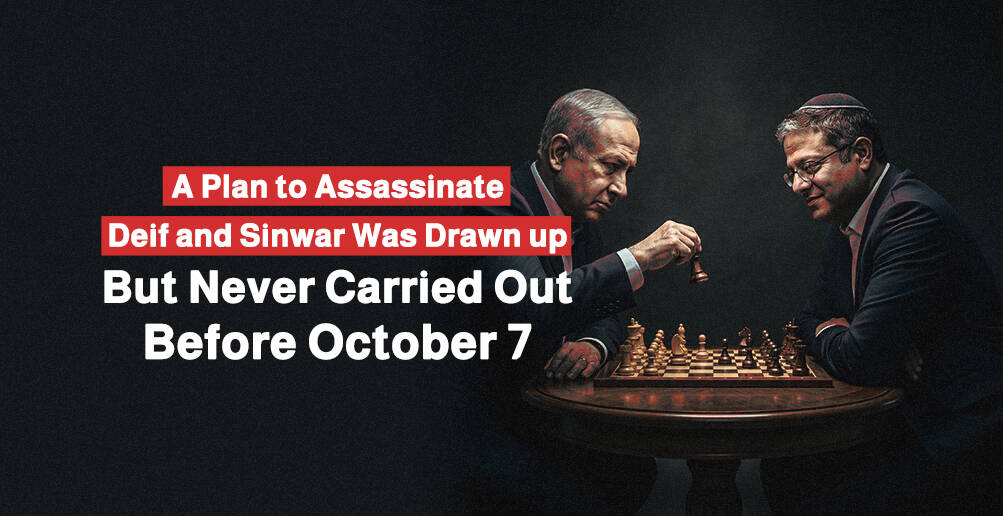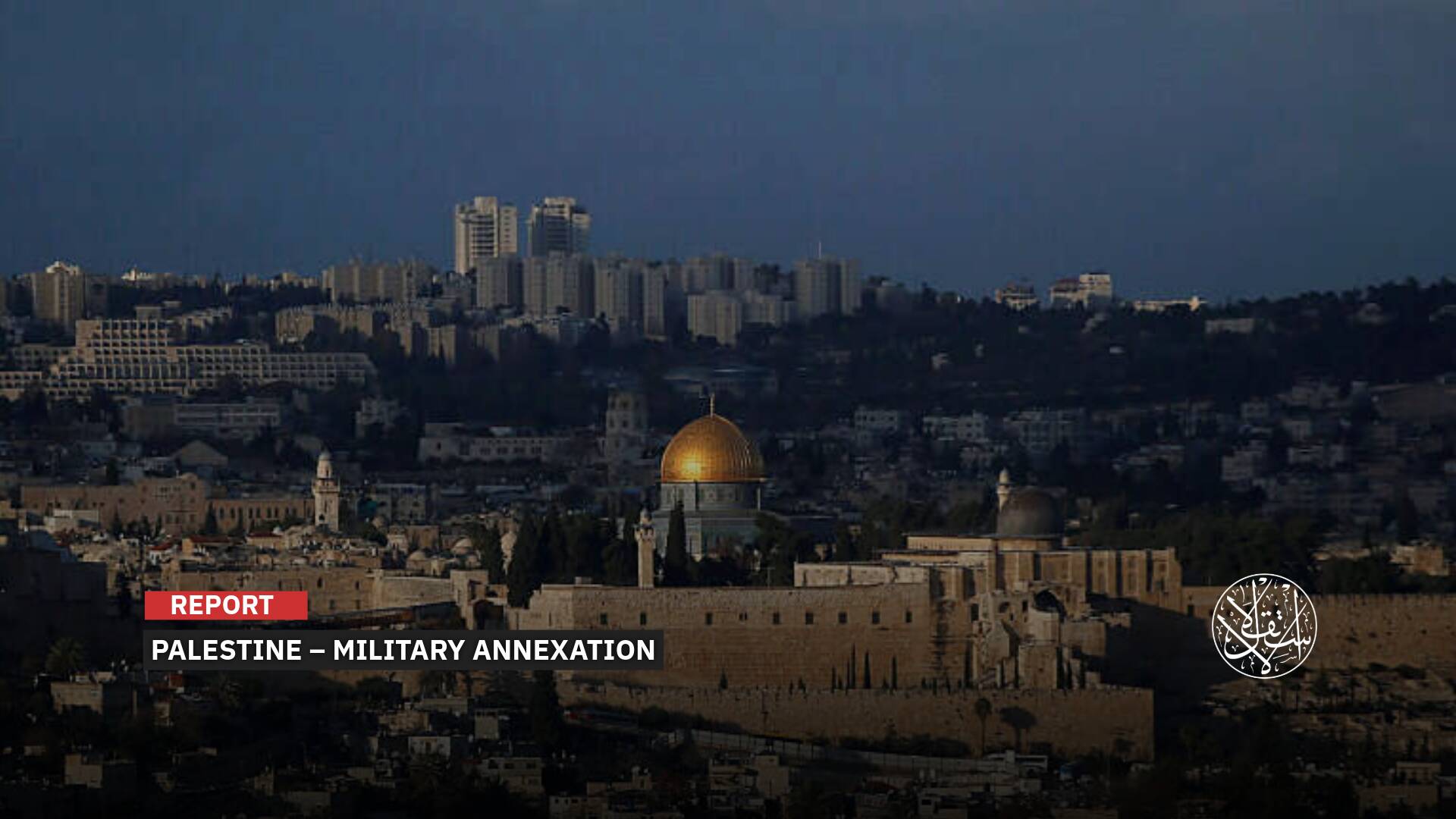Through His Cartoons, Naji al-Ali Revealed Arab Regimes Crimes

August 29, 2021 is the 34th anniversary of the death of the famous cartoonist Naji Al-Ali, who was shot in a London street near his office in Al-Qabas International newspaper on August 29, 1987, at the age of 51.
Al-Ali was a satirical painter, as he sent harsh messages to political regimes through his drawings.
Al-Ali criticized the Arab regimes in his own way, exposing the ugliness of their tyranny, and mocking their practices, so his drawings became popular and famous, until his life became threatened.
As a Palestinian citizen, his drawings initially targeted the Palestinian leaders in the Liberation Organization, then expanded to include Arab dictatorial regimes, political figures, and the occupying Zionist entity.
Although more than 33 years have passed since his assassination, his drawings are still present, and stand out with every occasion and political event, such as his famous phrase “I fear that one day, betrayal will be considered as a point of view,” a phrase that emerged again and was addressed by social networking sites in conjunction with the announcement of the Emirates Normalization with the Israeli entity.

The Last Disappointment
Al-Ali’s name has recently emerged and his works have reappeared in conjunction with the normalization agreement announced by the UAE with Israeli entity on August 13, 2020.
Through his artworks and caricatures, Al-Ali opposed normalization and refused to make any concessions that legitimize the usurping Zionist presence, and launched a sharp attack on the voices calling for normalization with Israeli entity.
Al-Ali's position on normalization was strict, to the level that prompted him to describe the Arab appearance in the Israeli media as "treason", because it represents an implicit recognition of the legitimacy of the media outlet, which represents a usurped state.

Al-Ali described the Palestinian poet Mahmoud Darwish as “the last disappointment,” when the latter gave an interview to a Hebrew newspaper. Similar to Darwish’s poem “Beirut is our last tent,” Naji Al-Ali said: “Darwish is our last disappointment.”
Al-Ali was afraid that any partial normalization with Tel Aviv would pave the way for general normalization, so he usually described the printers as "traitors and demons", and said : "They deserve nothing but curses and stone-throwing."
The Beginning
His artistic beginning was on the walls of Israeli prisons, where he was arrested when he was young, and there he filled the cell walls with satirical caricatures, then he continued his work on the walls of Lebanese cells, where he was arrested because of his participation in the demonstrations, when he was a refugee in the Ain al-Hilweh camp in southern Lebanon.
In the popular celebration held on the occasion of "Palestine Day" in the camp in 1961, Naji met the Palestinian writer Ghassan Kanafani, who was writing at the time for a number of magazines, including the leftist Palestinian "Freedom" magazine, in which he was a cultural official.
The young man in his twenties, Naji Al-Ali, had a simple exhibition, in which he displayed his drawings that attracted Kanafani's attention, including a drawing of a tent in the form of a pyramid, with his fist on top of it demanding victory, revenge and the restoration of truth.
After the drawing, which was published at the time in issue 88 of Al-Hurriya magazine on September 25, 1962, Kanafani published two other works for Al-Ali. Two years later, he was given a job opportunity in Kuwait, so he went there and worked as a cartoonist for the leftist Kuwaiti nationalist magazine Al-Tala'a.
After 5 years of working in Al-Tala'a magazine, he moved to work in the Kuwaiti newspaper Al-Seyassah, and continued to draw cartoons there until 1975, after which he moved to the Kuwaiti newspaper Al-Qabas and worked for it for two years.
In 1985, he moved to Britain, to work for Al-Qabas International newspaper, after receiving many harassment and death threats. There he found a wider space of freedom, so he began to criticize the dictatorial regimes with his drawings and sarcastic phrases, which were the talk of the educated elites.
Handala
During his satirical caricature career, Al-Ali drew more than 40,000 cartoons, in which he criticized the dictatorial state of the Arab regimes in a sarcastic manner, attacked a number of Arab rulers and officials, conveyed the concerns of Arab peoples, and dealt with the Palestinian issue in most of his drawings.

The Handala icon, drawn by Al-Ali in 1969, while working for the Kuwaiti newspaper Al-Seyassah, was the most prominent artistic invention and the most famous innovation, as it was an expression of the revolutionary state of the Palestinian people.
The icon of "Handala" denotes a ten-year-old child, turning his back, holding his hands behind his back, and wearing shabby and patched clothes, to indicate the suffering experienced by children, which is a motive for the continuation of their revolutionary work and struggle until their rights are restored.
The ambiguity of the character of "Handala", which appears only from behind, was attractive to many educated elites and readers, and the position of his hands behind his back indicated that the child was burdened with worries, and at the same time full of determination.
This character represented a revolutionary icon, and was associated with the personality of Al-Ali, as he was at the same age when he was displaced from Palestine. It gave Al-Ali hope to return, as he used to say, We are growing up, but the child will not grow up, and he will return to his country one day.
That icon has become a symbol and emblem of a number of revolutionary movements inside and outside Palestine, on top of which is the global movement to boycott Israeli entities (BDS).
Early Departure
Al-Ali did not last long in Britain, and on July 22, 1987, about two years after he moved to Britain, he was hit by treacherous bullets from an unknown party, in the Knightsbridge area in central London, when he was getting out of his car towards his office in Al-Qabas International Magazine, to die after that. 38 days later, he is buried in Brocode Muslim Cemetery in London.
His killer is still free, and the perpetrator is still unknown. The circumstances of his assassination have not yet been revealed, despite the British police’s reopening of the investigation file of his murder in 2017.
Observers believe that the Israeli Mossad was behind the incident, and that is among the list of Arab nationalists targeted by the Mossad, which was indicated by the Yedioth Ahronoth newspaper, when it published, after the Mossad failed to assassinate Khaled Mashaal, a list of the successful operations carried out by the Mossad, and the name of Naji Al-Ali was among the list.
These accusations come in contrast to other accusations of the involvement of the Palestine Liberation Organization, and the late Palestinian President Yasser Arafat, in his liquidation, amid harsh criticism and severe attack that Al-Ali directed against the Palestinian organization, because of what he considered concessions and defeatist positions by the organization towards the Palestinian cause.
The late President Yasser Arafat sent a threatening message to Al-Ali through several people, including Mahmoud Darwish, in order to force him to stop his criticism and attack before his assassination.

British investigations revealed that the young man who shot Al-Ali was called “Bashar Samara”, and that he was affiliated with the Liberation Organization, and at the same time he was an agent of the Mossad, but that name was kinetic, and he did not know his real name or the party behind the assassination of Al-Ali until this moment. .
Al-Ali’s departure triggered a wave of sadness and lamentation. His Iraqi friend, poet Ahmed Matar, lamented him, as well as Muzaffar al-Nawab, Abdul Rahman al-Abnoudi, and many poets, writers and friends. Arab cinema also recorded his life in a joint Egyptian-Palestinian film in 1992 starring the late Egyptian artist Nour al-Sharif.
Phosphorous Acid
Naji Salim Hussein Al-Ali was born in 1937 in the village of Al-Shajara, located between the cities of Tiberias and Nazareth, in the Palestinian city of Galilee. Behind him is his village, his house, the olive trees, and all his memories. This forced separation left a painful and lasting effect on his heart.

This is the cartoon in which Al-Ali expected his assasination.
Al-Ali received his primary education in Sidon schools, but was soon interrupted by the arrests that affected him as a boy. However, in his youth he was able to resume his studies in Lebanon, and obtained a certificate in car mechanics from Tripoli, and he also studied drawing at the Lebanese Academy in 1960.
Al-Ali married Widad Saleh Nasr, from the Palestinian town of Saffuriyya, and had 4 children, Khaled, Osama, Layal and Judy.
He worked as a painter for more than 25 years, and was elected president of the Arab Caricature Association in 1979. He wrote 3 books within a group of his selected drawings, and his son Khaled reproduced his drawings in several books he collected from many sources, many of which were translated into English, French and other languages.
Al-Ali received many awards, including the first prize in the two cartoon exhibitions of Arab artists in Damascus in 1979 and 1980, and the Japanese newspaper Asahi ranked him as one of the 10 most famous cartoonists in the world.
The newspaper said: "Naji Al-Ali paints with phosphorus acid," referring to his direct frankness in his drawings, while the American Time magazine said: He is the man who paints with human bones.
The New York Times said that If you want to know the opinion of Arabs in America, look at the cartoons of Naji Al-Ali," while the World Federation of Newspaper Publishers said that he is one of the greatest cartoonists since the end of the eighteenth century.











